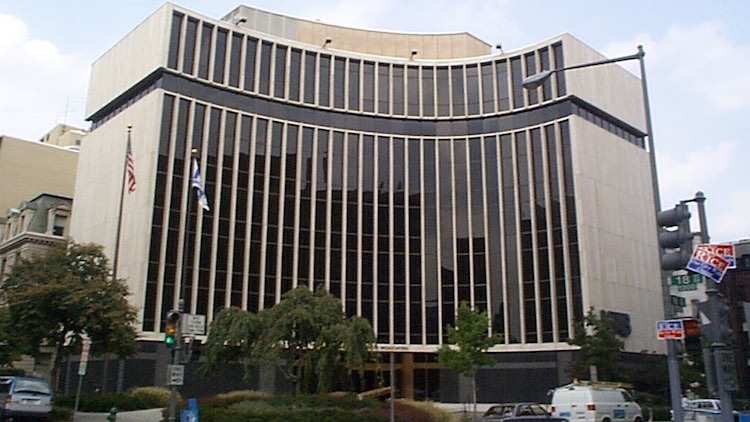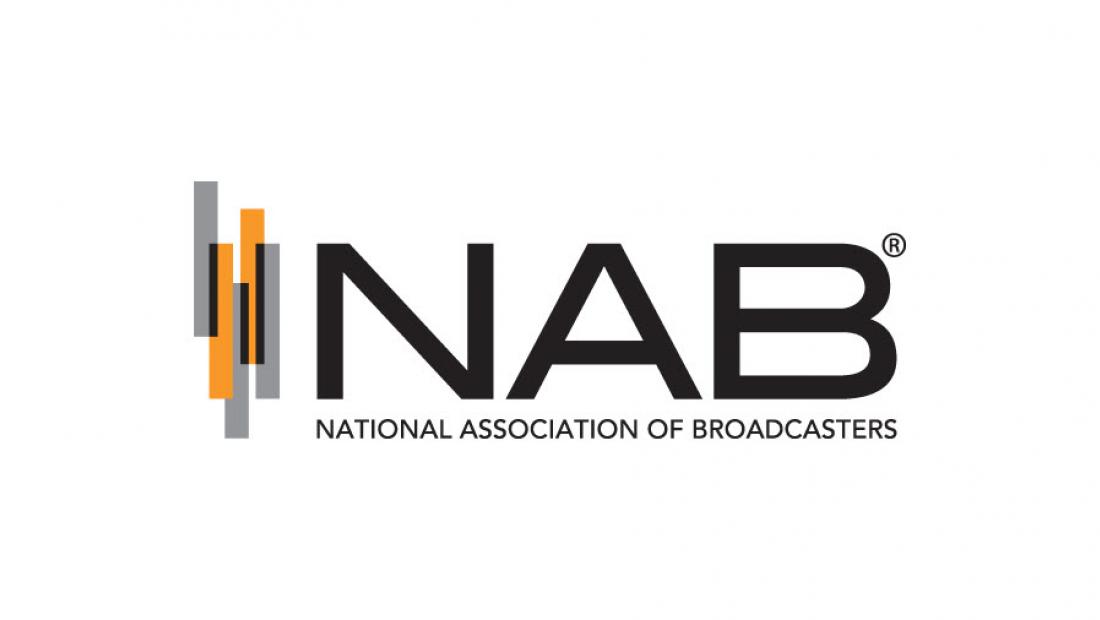NAB to FCC: 6 GHz Not Ready for Unlicensed Prime Time

The smarter way to stay on top of broadcasting and cable industry. Sign up below
You are now subscribed
Your newsletter sign-up was successful
Broadcasters are telling the FCC its proposal to open up the 6 GHz spectrum for unlicensed wireless is not ready for prime time, and may never be.

That came in comments from the National Association of Broadcasters on the FCC's October vote (it was unanimous) to open up 1,200 MHZ of that midband spectrum for unlicensed use, including WiFi. Broadcasters use the band for auxiliary (BAS) operations--"sporting events, breaking news and special events" and says the FCC's proposed interference protections--limiting it to lower-power, indoor operations--miss the mark, particularly since some camera transmitters used to relay footage back to stations also operate indoors and at low power, so they would be in the interference line of fire even with those limitations on unlicensed devices.
The FCC item was a Notice of Proposed Rulemaking (NPRM), so there was opportunity for stakeholders to weigh in, which they have been doing, with a break for the government shutdown.
"Mobile and low-power BAS operations in these (6 GHz) bands will be particularly vulnerable to interference from unlicensed users," NAB said.
NAB said that it would be OK with sharing the band if "a reasonable and reliable means of preventing interference develops." But it said the FCC doesn't have one now and should not push forward with the proposal.
It says that the FCC can free up other spectrum for unlicensed, while considering "additional unlicensed opportunities" in the 6 GHz band "at a later date and in a separate proceeding" and only after a "a robust, reliable mechanism is developed to coordinate these operations with licensed BAS uses."
"There is ample spectrum to be repurposed without invading the broadcast space," says Adonis Hoffman, chairman of Business in the Public Interest and former top aide to then-FCC Commissioner Mignon Clyburn.
The smarter way to stay on top of broadcasting and cable industry. Sign up below
Contributing editor John Eggerton has been an editor and/or writer on media regulation, legislation and policy for over four decades, including covering the FCC, FTC, Congress, the major media trade associations, and the federal courts. In addition to Multichannel News and Broadcasting + Cable, his work has appeared in Radio World, TV Technology, TV Fax, This Week in Consumer Electronics, Variety and the Encyclopedia Britannica.

